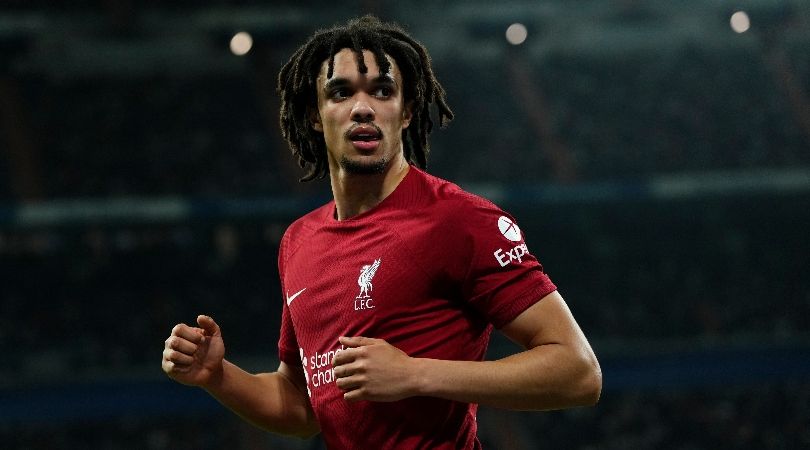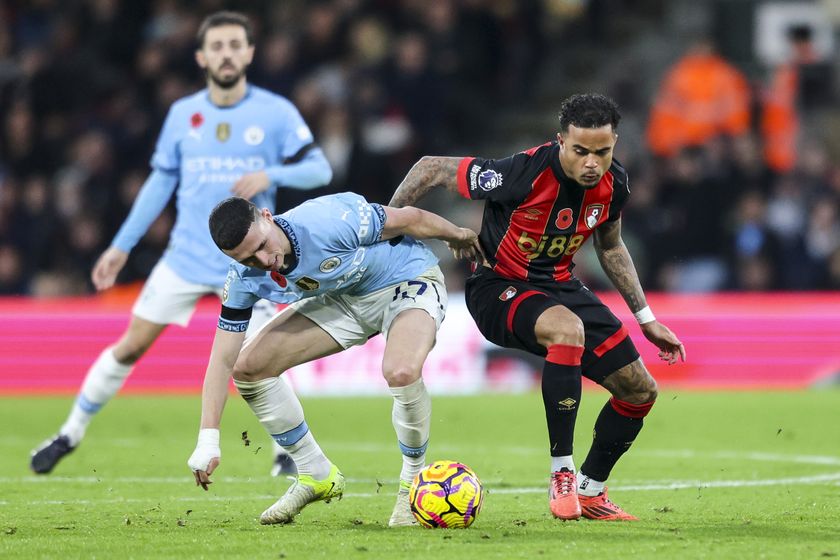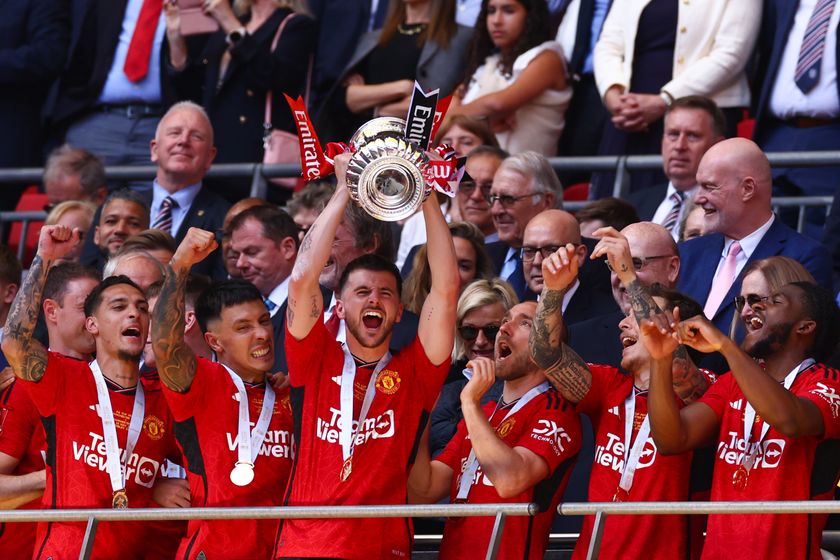Friday Night Football further distorts the game's calendar
With Chelsea set to take on Liverpool in the second FNF, Richard Edwards examines the gradual shift away from 3pm kick-offs on a Saturday
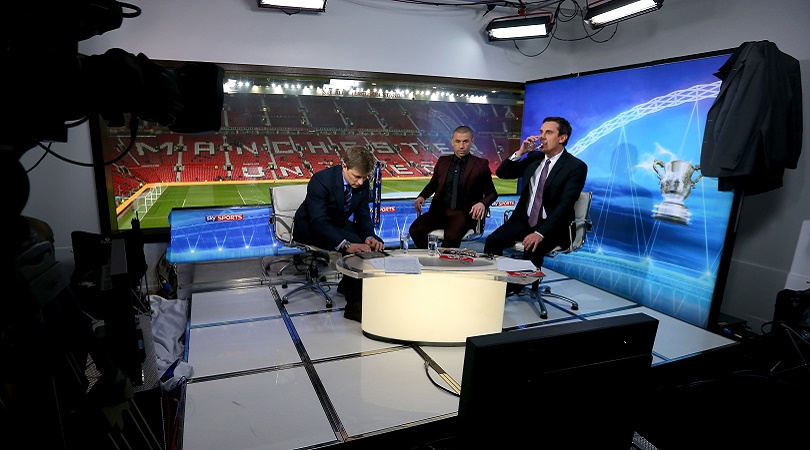
So distorted has the football calendar now become that the introduction of Friday Night Football is not the revolutionary step it once would have been – today's viewer, after all, is hardly short of options on a Monday, Tuesday, Wednesday or Thursday.
Manchester United's hosting of Southampton on August 19 began another chapter in the scheduling of the national game, as well as offering another resounding poke in the eye of those who still hold 3pm on a Saturday afternoon as the most sacred time of the week.
Compared to the furore that heralded the arrival of top-flight football on a Monday night back in 1992, there has been barely a whimper of discontent from either fans, players or managers as a new era of Premier League football beckons. Again.
Blue Mondays
Among the dissenters was Sir Alex Ferguson, who argued that Monday Night Football could hinder English clubs already struggling to find their feet in Europe post-Heysel
“Managers I have spoken to about this are 100 per cent united against playing live games on that night of the week,” said Howard Wilkinson, then chairman of the League Managers Association, as Sky prepared to tear up over a century of tradition 24 years ago. Among the dissenters was Sir Alex Ferguson, who argued that Monday Night Football could hinder English clubs already struggling to find their feet in Europe post-Heysel.
“We managers must seriously questions its wisdom,” he said. “There is an absurd handicap to teams that do well in the domestic cups or European competitions.”
Jim Greenwood, the chief executive of Everton, went one step further. “Bearing in mind that there will be no Premier League football on four Saturdays next season, it is conceivable that our leading clubs, if successful, could be faced by a situation where they have only a handful of Saturday games during the course of a 10-month period,” he said. “That would be ridiculous and totally unfair on supporters, who quite rightly regard football as a Saturday afternoon pastime.”
Get FourFourTwo Newsletter
The best features, fun and footballing quizzes, straight to your inbox every week.
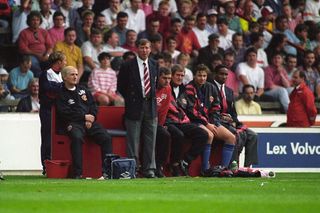
That, of course, has come to pass, with fans of the two Manchester clubs – along with those of an Arsenal, Chelsea or Liverpool persuasion – currently more likely to witness a lunar eclipse than be otherwise engaged at mid-afternoon on a Saturday.
Sabbath no longer sacred
Before 1974, the idea of any self-respecting football fan doing anything other than sleeping off a hangover or, alternatively, heading to the nearest chapel, on a Sunday would have been greeted with the most sombre of headshakes
That said, by the time Monday night first became a staple, another of English sport’s great taboos had been well and truly smashed. Before 1974, the idea of any self-respecting football fan doing anything other than sleeping off a hangover or, alternatively, heading to the nearest chapel on a Sunday would have been greeted with a sombre headshake. The notion of football on the Sabbath was about as welcome as the power cuts, a 50mph speed limit and no late-night television.
Funnily enough, the energy crisis which led to all three in late 1973 and throughout the following 12 months hurried up the expansion of football’s previously one-dimensional fixture list. With midweek matches switched from evenings to afternoons as a result of the ban on floodlights, the Football League and Football Association asked the government for special dispensation to play matches on a Sunday. With the Sunday Observance Act prohibiting the charging of admission for entertainments, clubs were forced to think on their feet, with fans paying for a programme in return for ‘free’ admission to the game itself.
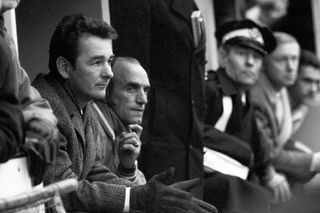
Like the imposition of football on a Monday a generation later, there was resistance within English football to disrupt the nation’s Sunday roast.
Brian Clough, then manager of Brighton, took an unsurprisingly uncompromising view. Writing in his regular Sunday newspaper column, he said: “If Sunday football comes in I walk out.” Just a few weeks later, the south coast club, with Clough still in the dugout, would play their first Sunday match.
Rovers' reform
We couldn’t compete with Liverpool and Everton on a Saturday so we didn’t try – we just moved our matches to a Friday instead
On the eve of the first match between Millwall and Fulham, Norman Fox of The Times revealed to his readers a potential reason behind the sport’s intransigence to a change which would ultimately transform the weekend of football watchers up and down the land. “It must be added that most footballers enjoy their Saturday night out after the match because they are not expected to start training again until Monday morning,” he wrote.
A night on the sauce is now anathema to the vast majority of athletes who now routinely entertain us throughout the week – and sometimes on a Saturday – but the introduction of Friday Night Football will cause a certain amount of eye mist for footballers and supporters in at least one corner of the country.
“We couldn’t compete with Liverpool and Everton on a Saturday so we didn’t try – we just moved our matches to a Friday instead,” former Tranmere great, Pat Nevin, tells FFT. “The fans absolutely loved it. The atmosphere on a Friday night was just phenomenal.
“As players it was a massive hit too. Personally, it meant I could play on a Friday and then head back to Scotland for the weekend, see the family and also watch a bit more football. I could not see any downside to it whatsoever.”
A new era
Friday nights at Prenton Park were very much part of the Merseyside football tapestry throughout the 1980s and '90s – coincidentally, or maybe not, the most successful spell in the club’s history.
“It was a great way to start the weekend,” says Nevin. “There were honestly times when, as players, we felt invincible on a Friday under the lights at Prenton Park. When I became chief executive of Motherwell, we obviously had Celtic and Rangers on our doorstep, and one of the first things I said to the league was that I wanted to have Friday night games.
“They said that would be OK if I could get it past the police. No chance. It turned out that it was down to the seven o’clock changeover from one shift to another and they just couldn’t be bothered to change that shift pattern.”
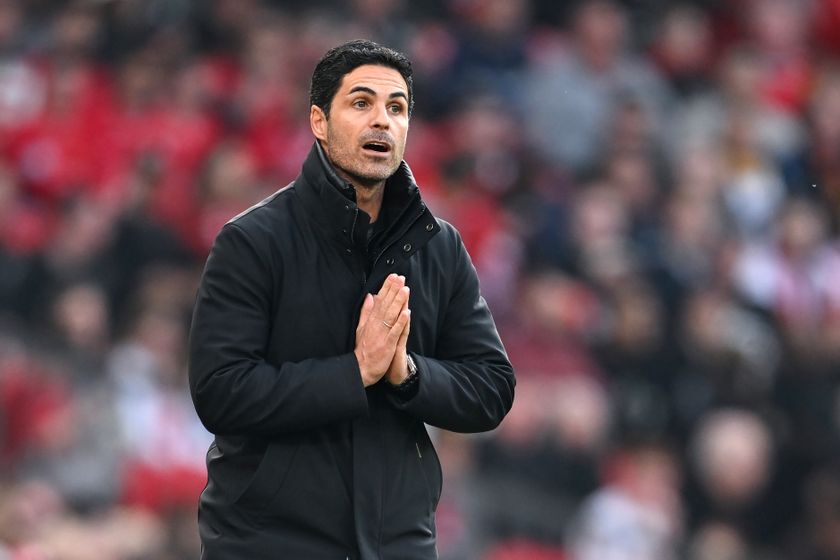
Arsenal report: The 'new Thierry Henry' is '99% certain' of move - with Gunners poised following sporting director hire: report

‘I was watching her in the Champions League earlier this season and she’s taken her game to a whole new level. She’s flourishing at the moment’ Courtney Sweetman-Kirk tells FourFourTwo she backs Lioness to light up Euro 2025 this summer




